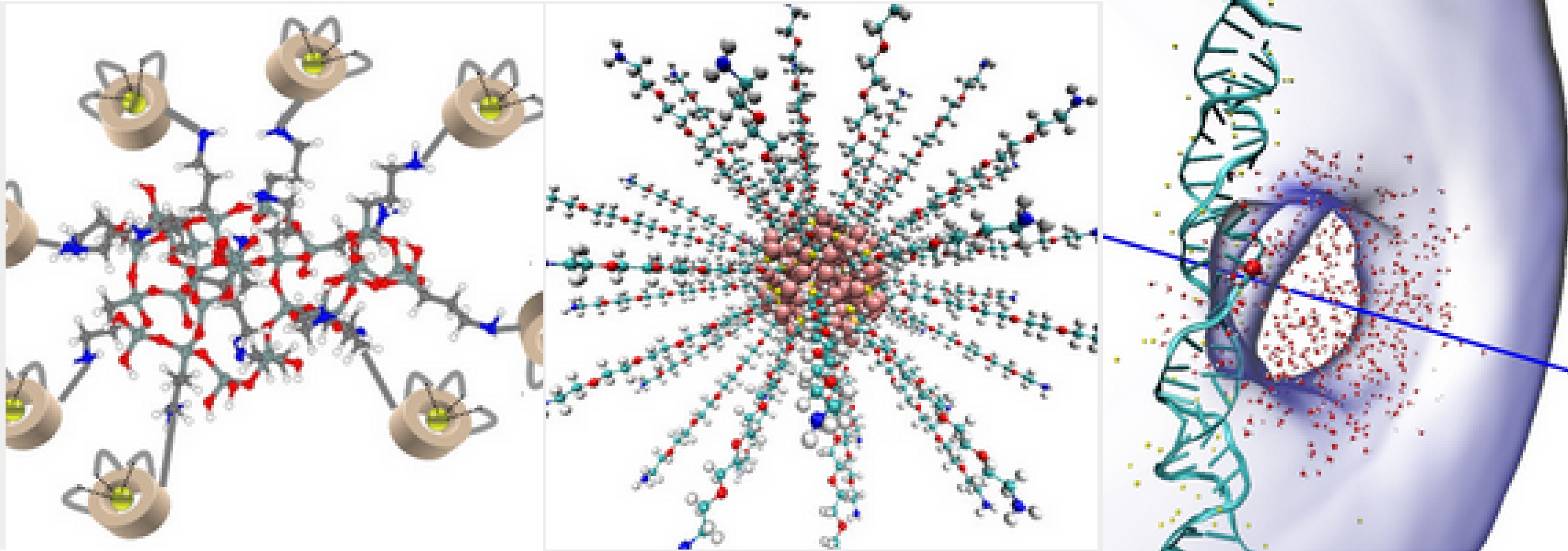The international conference
Cancer remains a major European health concern. More than 50% of patients receive radiotherapy as part of their cancer treatment. The main limitations of this treatment are the lack of tumour selectivity, which causes severe side effects, and the radioresistance of tumours. Highly promising approaches to improve the performances of radiation-based therapies include advanced radiation protocols (such as fast ion beam radiation or ultra-high-dose rate radiation) and nanoparticles-enhanced therapies.
This international conference brings together World leading researchers of different disciplines: physicists and medical physicists, chemists, biologists, medical doctors and SMEs with the aim of presenting their results of exploiting and understanding the nanoscale processes, towards the development and optimization of new nanodrugs together with novel radiation protocols – a high-excellence effort that should lead to a new era for radiotherapy with subsequent economic and quality of life benefits for the population.
Registration closed
Extended registration deadline - January 14th, 2018

From left to right: Vu-Long Tran: Development of Lanthanides based nanosensitizers for theragnostics, Kaspar Haume: Development of new modules for ATK code for modeling radiosensitizing nanoagents, Pablo de Vera: Multiscale understanding of radiation biodamage
The high-excellence European project
The conference marks the end of the FP7 "PEOPLE" European Marie Curie Actions ITN (Initial Training Network) project “Advanced Radiotherapy, Generated by Exploiting Nanoprocesses and Technologies (ITN ARGENT)” started in March 2014.
The main objective of this intersectorial and multidisciplinary ITN was to create a new generation of researchers and experts able to develop and propose to the society new tools and concepts for the improvement of cancer therapy treatments. The consortium aimed to train a cohort of 13 PhDs (Early Stage Researchers – ESRs) to subsequently act as leaders and ambassadors in the field. The ITN ARGENT strategy relied on i) improving our understanding of the processes and mechanisms underlying radiation damage on a nanoscopic level, ii) applying the improved know-how in the production and development of functionalised nanodrugs to amplify the effects of medical beams and iii) developing of concepts and codes for clinical applications, taking into account the new information.
http://itn-argent.eu/